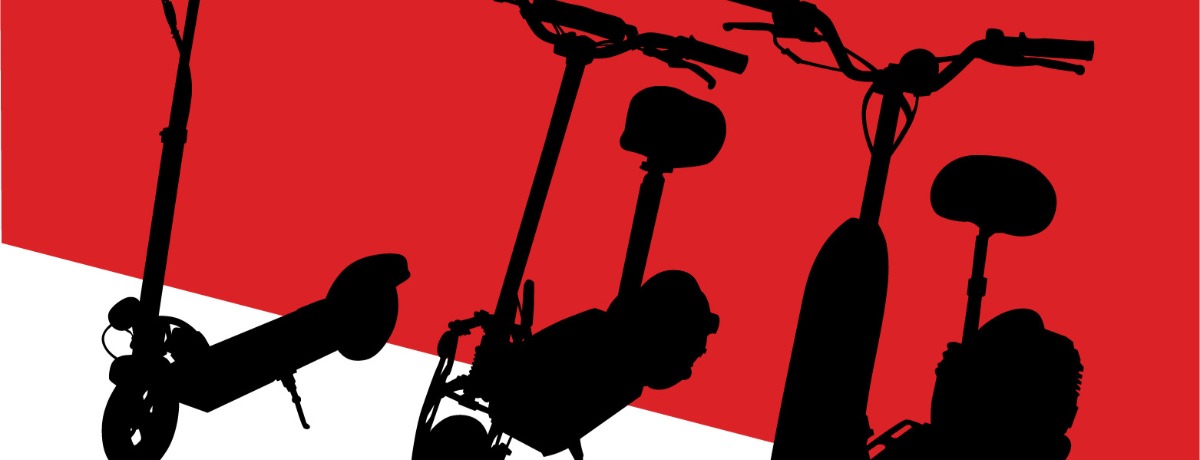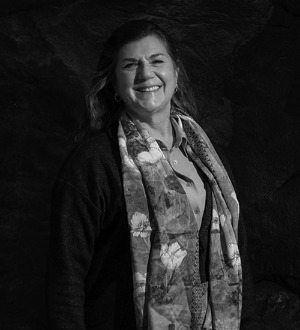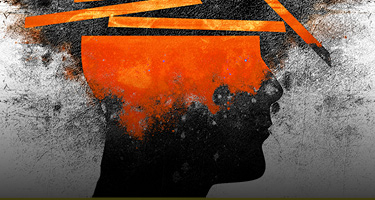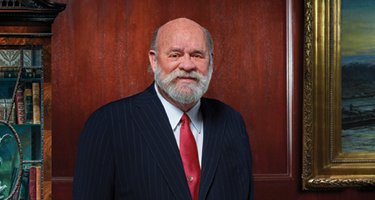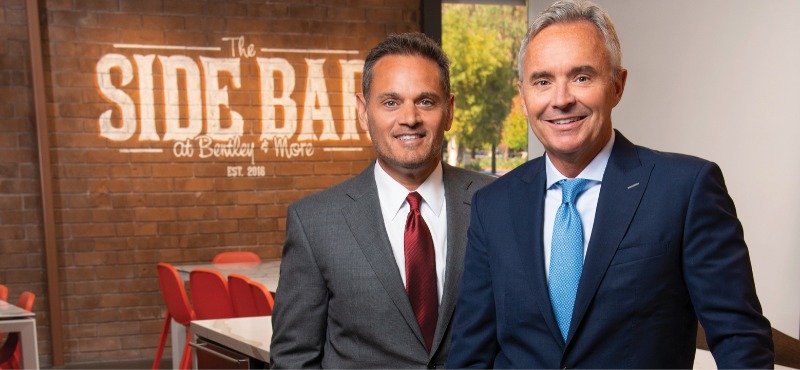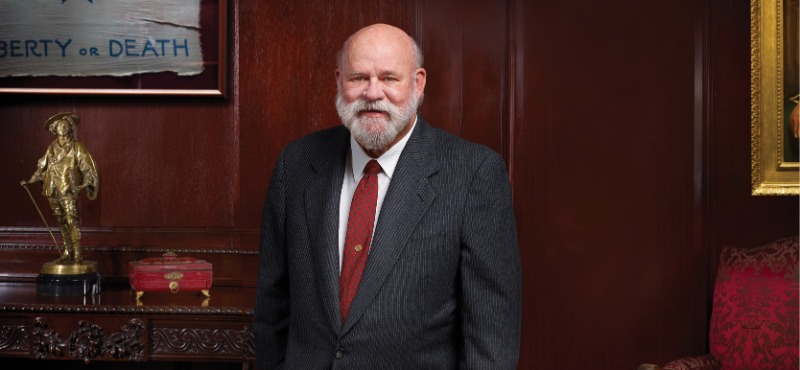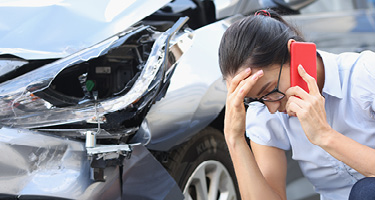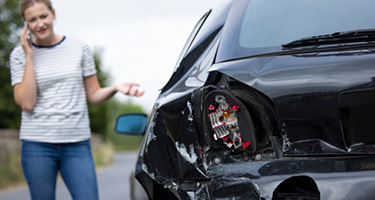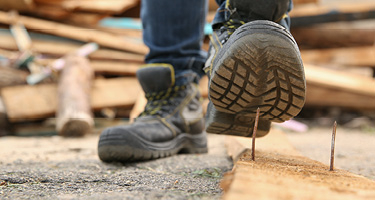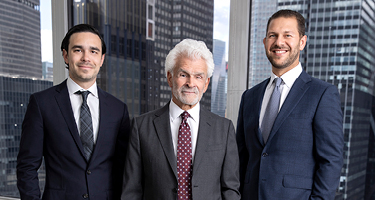Riding an electric scooter in Denver can be convenient, but it can also be dangerous. A visiting Minnesota executive landed in intensive care at Denver Health Medical Center after he crashed on the scooter he was riding March 10. He suffered a skull fracture and a traumatic brain injury.
The same month, a 62-year-old had a scooter accident in San Diego and fractured his neck. Another rider in that city fell and suffered a life-threatening head injury. These and other accidents prompted the San Diego City Council to adopt an 8 mph speed limit for the scooters in high-traffic pedestrian walkways and to designate two downtown areas as no-ride zones.
Sadly, in February an Irish exchange student became the third fatality resulting from a scooter accident in 2019. And an additional victim was left in a permanent vegetative state after a collision with a car while riding her scooter.
She is one of about 1,500 people across the country injured in an e-scooter accident since late 2017, according to Consumer Reports. The consumer advocacy group contacted 110 hospitals and five agencies in 47 cities where at least one of the two biggest scooter companies, Bird or Lime, operates. The institutions were queried as to the number and types of scooter-related injuries.
A UCLA (Jan 2019) study also examined the injuries associated with e-scooter collisions, focusing on the scooter riders and pedestrians struck. The most common accident, according to the study, were falls (74 percent), followed by collisions with objects (10 percent), and being struck by a moving vehicle, like a car or bicycle (8 percent). The greatest harm was to the scooter riders, with 92 percent of injuries suffered.
The UCLA researchers examined records for admissions at the UCLA Medical Center, Santa Monica, and Ronald Reagan UCLA Medical Center emergency departments between Sept. 1, 2017, and Aug. 31, 2018. Significantly, it was determined that about one-third of the 249 injured riders covered by the survey arrived by ambulance. And of those injured riders, only 10 were wearing a helmet while operating the scooter.
The injuries themselves were categorized into three groups: head injuries (40 percent), fractures (32 percent), and cuts, sprains, or bruises without a fracture (28 percent). Fifteen people were admitted to the hospital, including two treated in an intensive care unit, according to the study.
In Denver, eight different companies have permits for e-scooter fleets, but only Lime, Bird and Jump have entered the market. If it felt like more to you, that’s because it’s already quite a lot of vehicles. Now there are 350 Lime scooters, 350 Bird scooters, and 200 Jump bikes darting around town.
Safety concerns prompted the Denver City Council to pass new rules in January for dockless electric scooters, the Electric Mobility Scooter ordinance. The ordinance allows scooters to only ride on the sidewalk if a bike lane or a roadway under 30 mph is not available. When on the sidewalk, scooter users must yield to pedestrians and keep the scooter speed under 6 mph. When riding on roads, scooters must keep to the right side of the road and follow all the traffic rules cars and bikes follow. The scooters must also have lights during night hours. Electric scooters are prohibited from Denver’s 16th Street Mall.
[RELATED: "Best Law Firms" client surveys due May 17]
The Colorado state legislature has also weighed in, with HB19-1221 passing both chambers and presumably heading to the governor’s desk for his signature. The new law will exclude electric scooters from the definition of "toy vehicle" and include electric scooters in the definition of "vehicle", thus authorizing the use of electric scooters on roadways. The bill affords riders of electric scooters the same rights and duties that riders of electrical assisted bicycles have under the laws of the state.
-----------
Linda Chalat, a partner of Chalat Hatten & Banker, has over 25 years of experience as a Colorado personal injury lawyer. As a partner with Chalat Hatten & Banker, Denver, Colorado, Linda Chalat concentrates her practice on medical malpractice cases, defective product claims, and recreational accidents. Prior to law school, Ms. Chalat worked in industry as a chemical engineer and brings her understanding of the technical aspects of an accident to effectively advocate for her clients.
